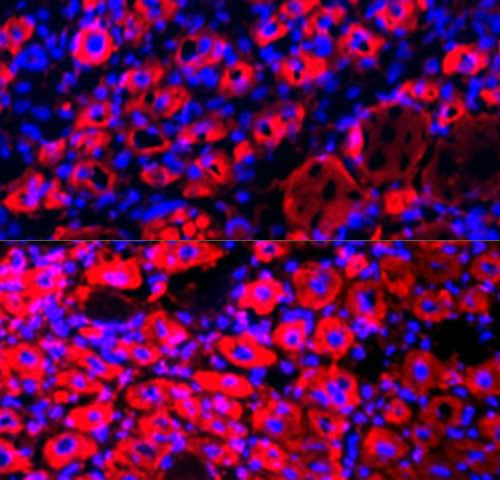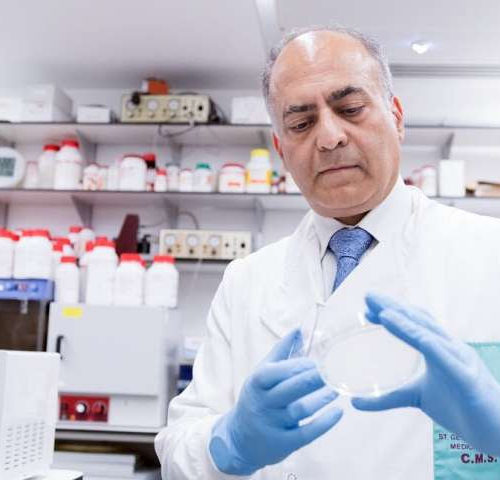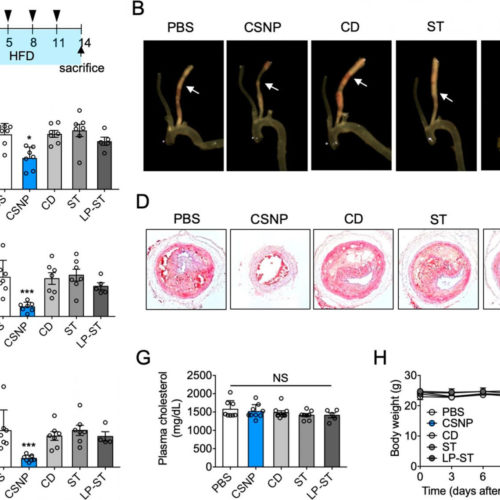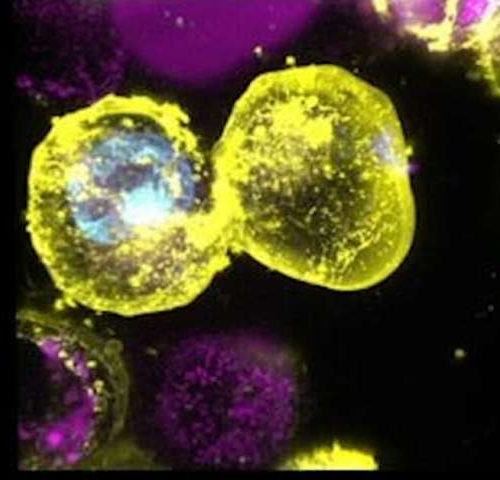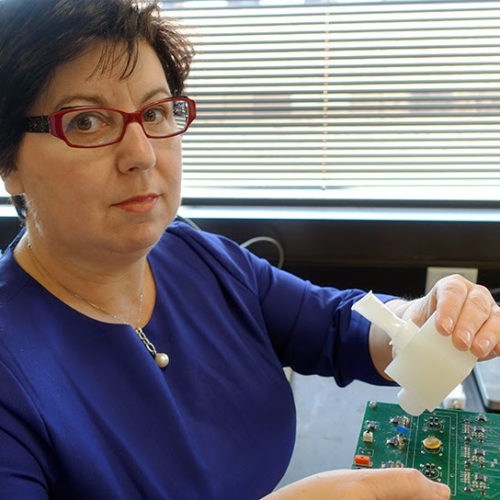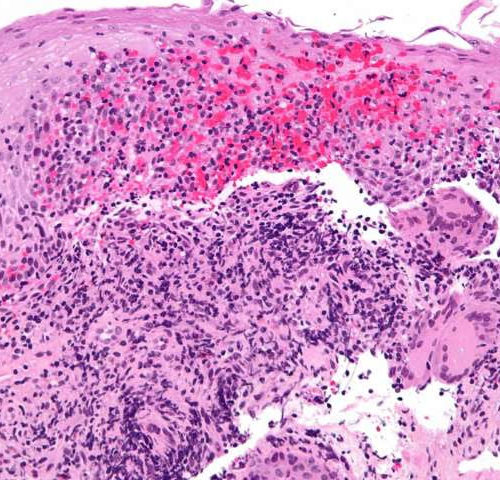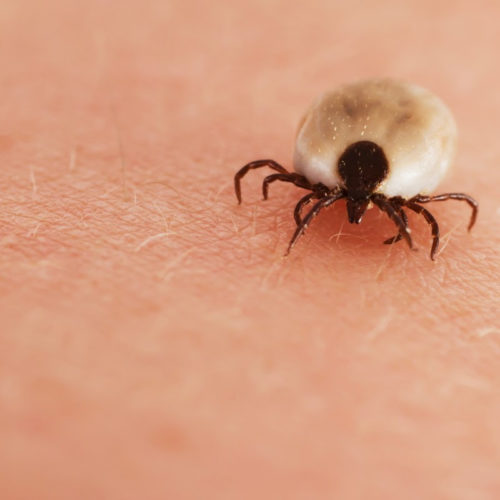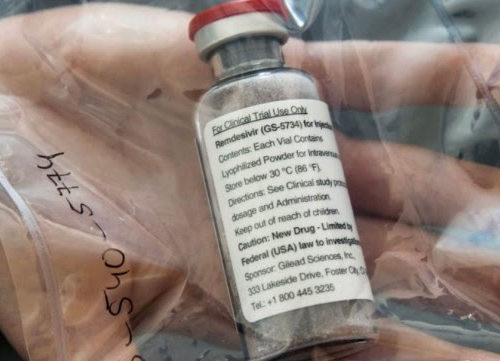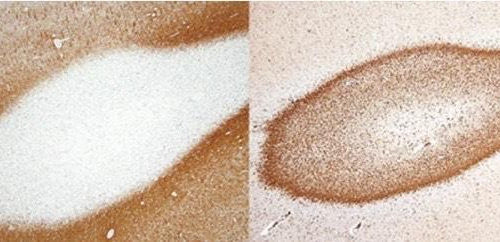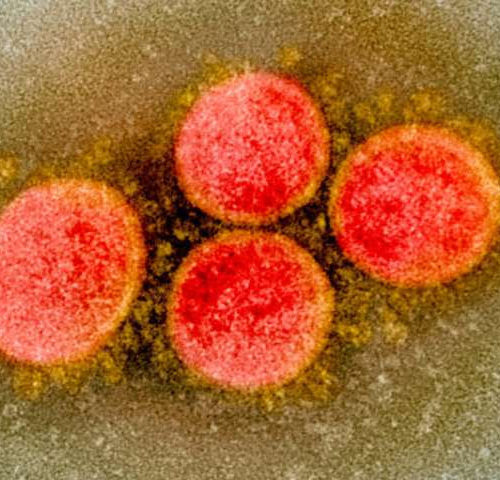New study suggests that plasma exchange could be the key to unlocking the body’s regenerative capacities UNIVERSITY OF CALIFORNIA – BERKELEY CREDIT: IMAGE COURTESY IRINA CONBOY Berkeley — In 2005, University of California, Berkeley, researchers made the surprising discovery that making conjoined twins out of young and old mice — such that they share blood...
Tag: <span>inflammatory</span>
COVID-19 immune response may remain stable for two months after diagnosis
by St. George’s University of London Initial results from an antibody testing study have revealed that COVID-19 antibodies remain stable in the blood of the majority of infected individuals almost two months after diagnosis and possibly longer. However, antibodies were not detectable in everyone exposed to the virus, opening discussions on how best to interpret...
New nanoparticle drug combination for atherosclerosis
THE KOREA ADVANCED INSTITUTE OF SCIENCE AND TECHNOLOGY (KAIST) CREDIT: PROFESSOR JI-HO PARK, KAIST Physicochemical cargo-switching nanoparticles (CSNP) designed by KAIST can help significantly reduce cholesterol and macrophage foam cells in arteries, which are the two main triggers for atherosclerotic plaque and inflammation. The CSNP-based combination drug delivery therapy was proved to exert cholesterol-lowering, anti-inflammatory,...
New light shone on inflammatory cell death regulator
by Walter and Eliza Hall Institute alter and Eliza Hall Institute researchers have used lattice light sheet microscopy to visualise cells dying by necroptosis, a form of inflammatory cell death. In this image, purple marks cells with undisrupted cell membranes; yellow shows disrupted cell membranes; blue shows that the cell membrane has broken and marks...
Breathalyzer to Detect COVID-19 in Seconds
Being able to tell, in a matter of seconds, whether someone is infected with the virus that causes COVID-19 would certainly help put a halt to the ongoing pandemic. Existing tests typically involve a deep nasal swab to obtain enough fluid sample, which has to be transferred to a laboratory machine for processing, with the...
Serious complication of Crohn’s disease may be preventable in young people
by University of Michigan For children and young adults with Crohn’s disease, steroid-sparing therapies may help reduce the risk of developing a severe and common complication of the inflammatory bowel condition, a new study suggests. About one in three people with Crohn’s disease develop what’s known as a perianal fistula, which can be painful, difficult...
Synthetic tick-spit protein may save lives
By Ben Coxworth May 26, 2020 One of the creepy things about ticks is the fact that not only do they suck your blood, but they’re able to do so for a long time, undetected. Scientists have now synthesized the protein that lets them get away with it, and it may have life-saving medical applications....
COVID-19 Update: Remdesivir Can Shorten Coronavirus Recovery Time by About 4 Days
According to a BBC report, the UK has authorized the use of the anti-viral drug Remdesivir in treating patients with the novel coronavirus as experts have discovered that the drug could shorten the recovery time of infected individuals. At last a breakthrough! Looking forward to discussing use of #REMDESIVIR against #COVID__19 with @mrdanwalker & #louiseminchin...
Not all multiple sclerosis-like diseases are alike
An antibody appears to make a big difference between multiple sclerosis and other disorders affecting the protective myelin sheath around nerve fibres, report Tohoku University scientists and colleagues in the journal Brain. The finding suggests that some of these ‘inflammatory demyelinating diseases’ belong to a different category than multiple sclerosis, and should be treated according...
COVID-19 cytokine storm: Possible mechanism for the deadly respiratory syndrome
by Hokkaido University Research into how the SARS-CoV-2 virus induces death is suggesting potential treatments for its most destructive complications. Leading immunologists in Japan are proposing a possible molecular mechanism that causes massive release of proinflammatory cytokines, or a cytokine storm, leading to the acute respiratory distress syndrome (ARDS) in COVID-19 patients. Their suggestions, published...

